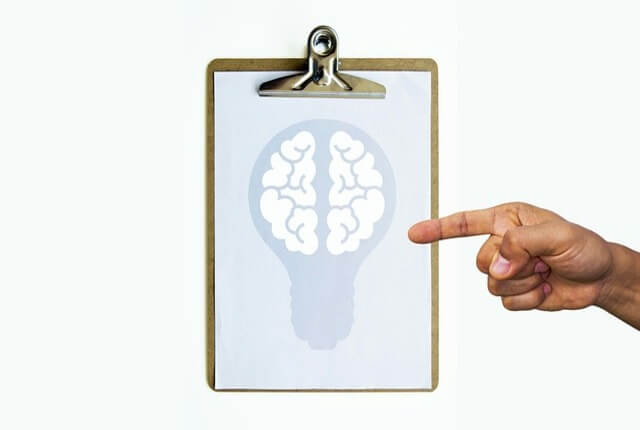Depression is a common but treatable mental health condition. According to the World Health Organization or WHO, around 264 million people face depression worldwide, and it is a leading cause of disability. While not everyone lives with a depressive disorder, everyone faces stress. Stress isn’t always bad, particularly in small doses, but it can lead to a barrage of serious concerns if it’s persistent or ongoing. So, how does depression and stress intersect? Can chronic stress cause depression? Most importantly, what can you do to manage stress and treat depression?
About Depression
First, let’s cover the basics. There are different kinds of depression or depressive disorders, all of which have a different set of symptoms and criteria for diagnosis. These include but aren’t limited to:
- Major depressive disorder or MDD
- Persistent depressive disorder, also known as dysthymia
- Postpartum Depression
- Premenstrual dysphoric disorder or PMDD
- Seasonal affective disorder
Someone might also experience depression on a situational basis or as part of another disorder. For example, people with bipolar disorder face periods of depression and periods of mania or hypomania. Some people are more susceptible to depression than others, and risk factors may include but aren’t limited to genetics or a family history of depression and other mental health conditions, personal history of another physical or mental health condition, and life circumstances or environmental factors.
The Connection Between Depression And Stress
Stress is a known physical and mental health detriment. This is a fact that has been researched and proven time and time again in various studies. Potential short-term impacts of stress include but are not limited to trouble sleeping, gastrointestinal distress, muscle tension, body aches, and headaches. Long-term effects of stress may include but are not limited to an increased risk of cardiovascular disease, early mortality, and yes, an increased risk of depression. Prolonged stress can come with heightened negative thoughts, and with the impact that it has on your body and mind, it’s really no surprise that it can worsen or lead to symptoms of depression. So, what can you do? If you find yourself facing chronic stress, it is important to identify the cause and work on stress management. Many people facing ongoing stress benefit from:
- Techniques that can be used at home such as mindfulness, journaling, meditation, positive self-talk, and physical activity.
- Reaching out to one’s support system and making time for social relationships.
- Practicing sleep hygiene and making sure that your schedule allows for adequate sleep.
- Looking at their schedule and obligations to see if anything can be changed to promote lower stress levels. This could mean adding stress-relieving activities into your day, implementing a new morning or nighttime routine that helps you to set yourself up for success, or something else that is unique to you.
- Seeing a therapist or counselor.
Additionally, if you live with depression or think that you might be, it’s important to see a medical or mental health professional who can help.
How Therapy Helps

Depression is challenging to live with, but the good news is that therapy can help. Research shows that therapy for depression can lead to a decrease in symptoms, but not only that; therapy can also help you to navigate stress and learn skills such as boundary setting, self-talk, mindfulness, and so on, so that you can improve your quality of life. It also gives you a confidential place to talk about whatever’s on your mind, which can be helpful in and of itself. One of the most common modalities of therapy used for depression is cognitive-behavioral therapy (CBT). CBT can also be used to help people cope with or reduce stress, so if you are facing stress, depression, or both, seeing a therapist or counselor can be incredibly advantageous and even life-changing. Different types of therapy work for different people, so if you don’t like the first modality of therapy you try or the first provider you see, know that it’s okay to switch. Experiencing depression is not your fault, and the support of a licensed professional can make a world of difference when it comes to depression, stress, and a wide array of other concerns, so don’t hesitate to reach out.
Conclusion: Find A Therapist
There are a number of ways to find a therapist. You might ask your doctor for a referral, contact your insurance company to see who they cover, utilize your employee assistance program, search the web, use an online therapist directory, or sign up for an online therapy website. When you use a reputable online therapy platform such as MyTherapist, you can get quality mental health support from the privacy of your own home, and it’s often more affordable than traditional in-person therapy is in the absence of insurance. It’s excellent for those with busy schedules, and it often allows you to get started with a provider more quickly than you would if you were to seek help in a face-to-face setting. Regardless of whether you see a provider in person or remotely, you deserve to get the support that you need.





